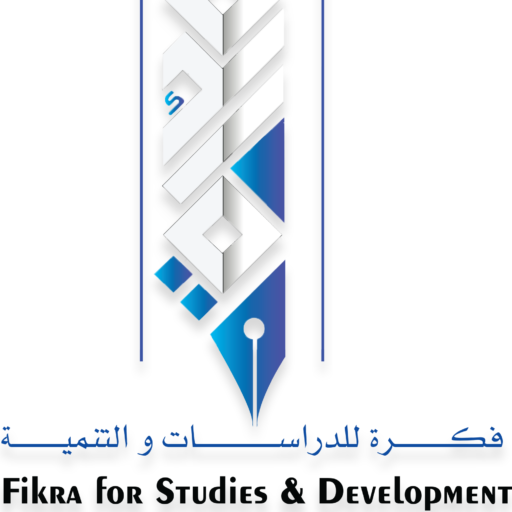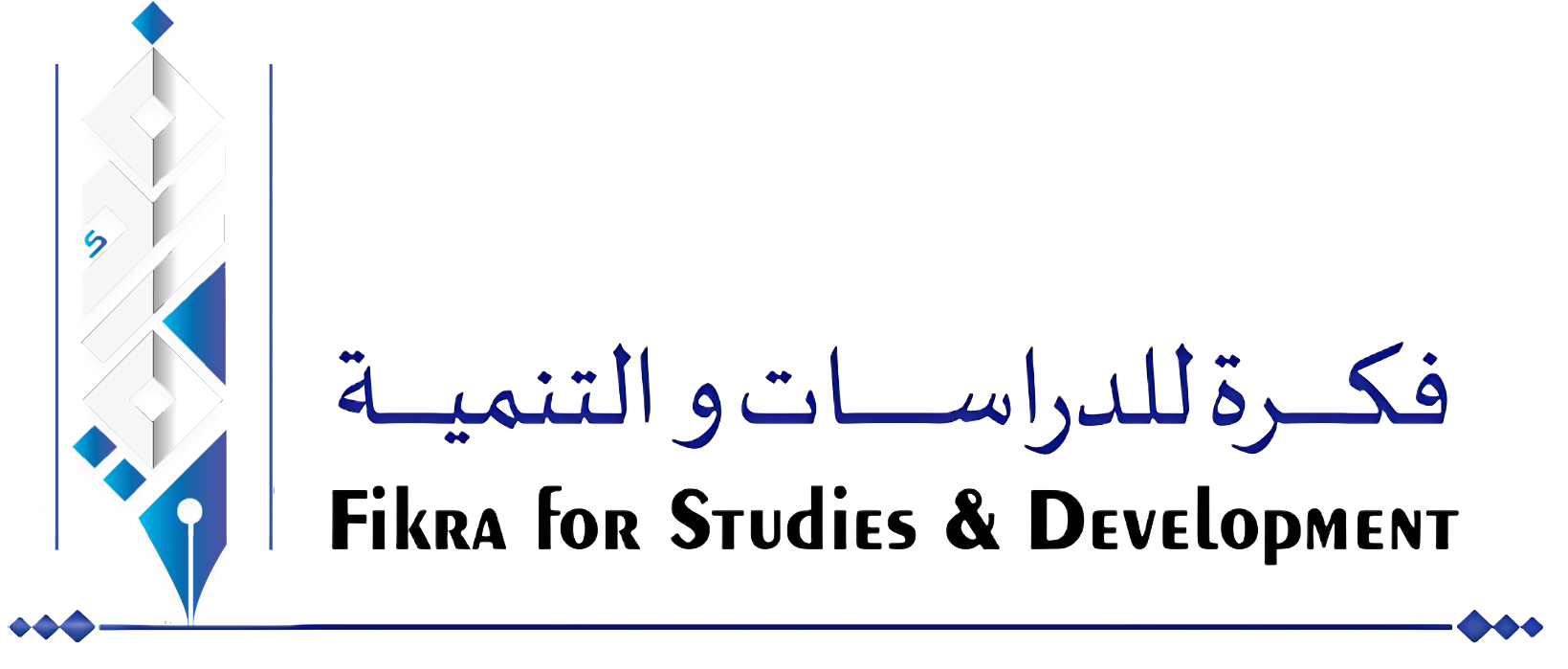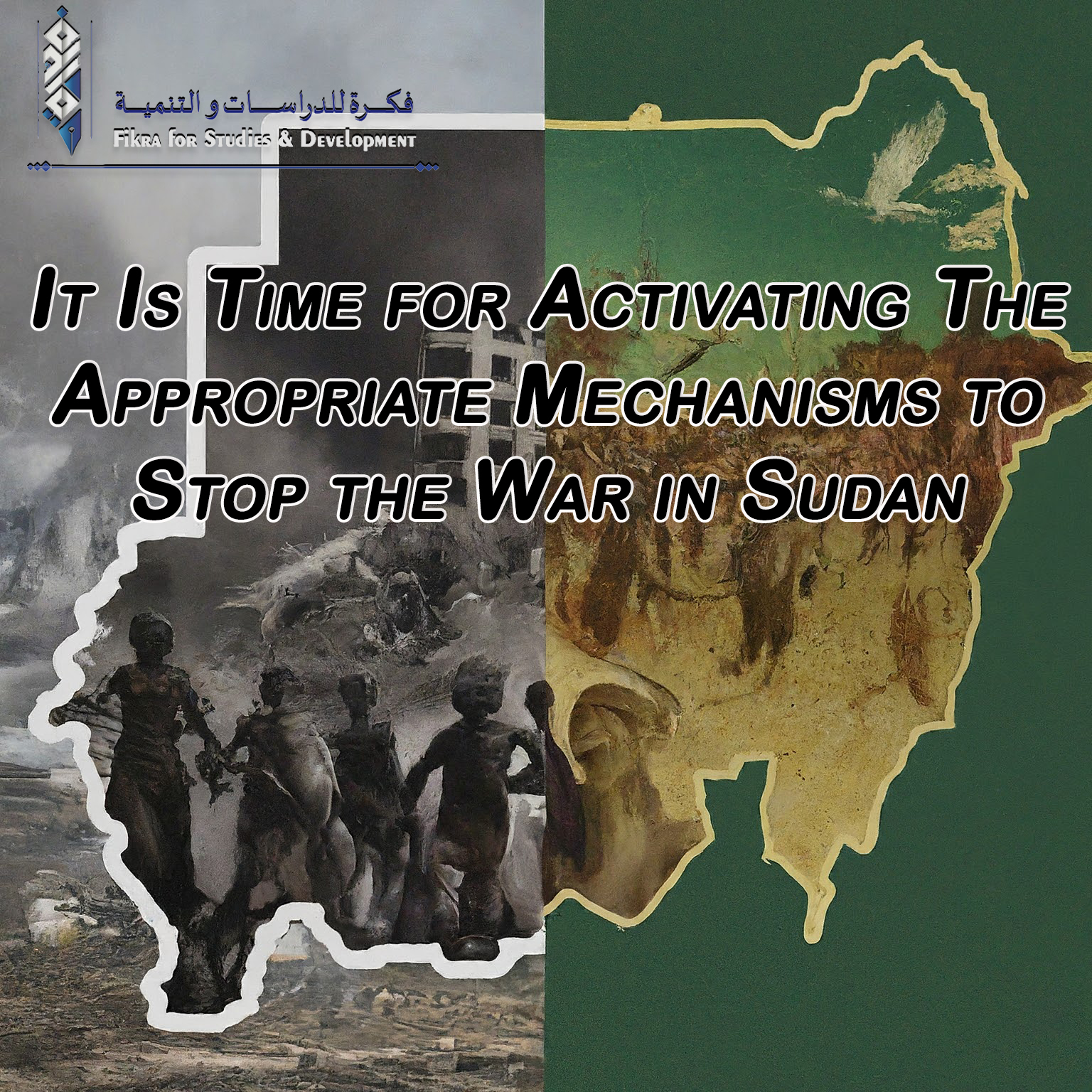It Is Time for Activating the Appropriate Mechanisms to Stop the War in Sudan
It Is Time for Activating the Appropriate Mechanisms to Stop the War in Sudan
Dr. Elshafie Khidir Saeed
In an atmosphere permeated with anxiety for some and fear for others, the Sudanese people are left questioning when this devastating war will cease and when they can return to their homes, which they were forced to abandon. The fear stems from the escalating catastrophic situation characterized by destruction, killing, and brutality, which portends the worst possibilities in Sudan’s modern history.
The anxiety arises from two sources. The first is the slackening in convening the Jeddah platform, despite the call for its resumption by the Special American Envoy to Sudan, Mr. Tom Perriello, at the end of the previous Ramadan. This delay raises concerns about the platform’s potential to overcome past failures and make progress towards halting the hostilities. The second source of anxiety is the profound disappointment in the Sudanese civil forces, which remain mired in political polarization and rejection of the other, seemingly oblivious to the country’s reality marked by destruction, bloodshed, and gross human rights violations. They seem indifferent to the growing fragmentation of the country’s unity.
Previous Jeddah talks, as well as initiatives from regional and international institutions, have remained largely ineffective, with decisions and agreements failing to translate into practical steps. This lack of progress, despite the availability of known and proven mechanisms to pressure the warring parties towards a permanent cessation of hostilities, underscores the urgent need for direct intervention from the international and regional community. Accepting the explanation that international and regional institutions are incapable and resourceless or lacking the necessary knowledge and practical experience to resolve the situation, is exceedingly challenging. likewise, it is challenging to entirely rule out the possibility that some external actors may be reluctant to end the Sudan war quickly and may prefer for it to continue for a longer period of time.
Such intervention, in accordance with international legitimacy, should aim to enforce a cessation of fighting and establish safe corridors for the flow of humanitarian aid to the besieged citizens. This is the utmost priority that must be addressed in any negotiation platform before embarking on any political process or discussing any transitional measures.
The horrific violations of human rights, which could be considered war crimes and crimes against humanity, demand holding the leaders of the warring parties accountable. The international community must also consider the increasing fears of the war’s repercussions on global and regional security, including the security of the Red Sea, a crucial maritime link for Europe with Asia and the Pacific. Furthermore, Sudan could become a breeding ground for terrorist groups and a revolving door for human trafficking, mercenary fighters, arms and weapons and all kinds of illicit trade between the Sahel, North Africa and sub-Saharan Africa.
Despite these factors, the Jeddah platform, and any other platform, will remain unable to achieve its main goal in stopping hostilities, unless it is accompanied by the available, known, and proven mechanisms to pressure the parties to the fighting regarding a permanent cessation of hostile acts, or at least to create demilitarized zones to ensure the flow of humanitarian aid. The parties have not adhered to what they agreed upon in many truce agreements, such as abstaining from firing, facilitating the arrival of humanitarian aid to civilians through safe corridors, withdrawing from hospitals and medical clinics, or even allowing the dead to be buried with respect.
Saving civilians and averting disaster in Sudan requires direct intervention from the international and regional community, in accordance with international legitimacy, to impose a cessation of fighting by force and establish safe corridors that allow the flow of humanitarian aid to the besieged citizens in the areas of operations. The available and proven pressure mechanisms include preventing the flow of weapons and ammunition to the parties, freezing balances and accounts in global and regional banks, imposing deterrent sanctions on institutions and individuals from the parties, and, if necessary, imposing the repositioning of the warring forces by sending the East Africa Response Force (EARF) by decision from the African Union and with support from the international community, to establish demilitarized zones in the country. It is important to note that the EARF, being part of the African Union’s efforts to prevent the spread of fighting and armed conflicts within African countries, and Sudan is a member of its special coordination committee. While there is difficulty in implementing this, it is not impossible, especially when considering the success of operations to evacuate Western nationals following the outbreak of fighting. These are comprehensive military operations conducted by the United States, Britain, Germany, and France. In addition, similar interventions have took place in several countries where hostilities have ensued. We must also take into account the experience of United Nations forces, (UNAMIS and UNAMID) in South Sudan and Darfur.
Halting the fighting and paralyzing the hands that commit violations, in addition to ensuring the flow of humanitarian aid and securing the lives of the besieged Sudanese in the country, is the utmost priority that must be addressed in the negotiation platform before embarking on any political process or discussing any transitional measures.
The anxiety arises from two sources. The first is the slackening in convening the Jeddah platform, despite the call for its resumption by the Special American Envoy to Sudan, Mr. Tom Perriello, at the end of the previous Ramadan. This delay raises concerns about the platform’s potential to overcome past failures and make progress towards halting the hostilities. The second source of anxiety is the profound disappointment in the Sudanese civil forces, which remain mired in political polarization and rejection of the other, seemingly oblivious to the country’s reality marked by destruction, bloodshed, and gross human rights violations. They seem indifferent to the growing fragmentation of the country’s unity.
Previous Jeddah talks, as well as initiatives from regional and international institutions, have remained largely ineffective, with decisions and agreements failing to translate into practical steps. This lack of progress, despite the availability of known and proven mechanisms to pressure the warring parties towards a permanent cessation of hostilities, underscores the urgent need for direct intervention from the international and regional community. Accepting the explanation that international and regional institutions are incapable and resourceless or lacking the necessary knowledge and practical experience to resolve the situation, is exceedingly challenging. likewise, it is challenging to entirely rule out the possibility that some external actors may be reluctant to end the Sudan war quickly and may prefer for it to continue for a longer period of time.
Such intervention, in accordance with international legitimacy, should aim to enforce a cessation of fighting and establish safe corridors for the flow of humanitarian aid to the besieged citizens. This is the utmost priority that must be addressed in any negotiation platform before embarking on any political process or discussing any transitional measures.
The horrific violations of human rights, which could be considered war crimes and crimes against humanity, demand holding the leaders of the warring parties accountable. The international community must also consider the increasing fears of the war’s repercussions on global and regional security, including the security of the Red Sea, a crucial maritime link for Europe with Asia and the Pacific. Furthermore, Sudan could become a breeding ground for terrorist groups and a revolving door for human trafficking, mercenary fighters, arms and weapons and all kinds of illicit trade between the Sahel, North Africa and sub-Saharan Africa.
Despite these factors, the Jeddah platform, and any other platform, will remain unable to achieve its main goal in stopping hostilities, unless it is accompanied by the available, known, and proven mechanisms to pressure the parties to the fighting regarding a permanent cessation of hostile acts, or at least to create demilitarized zones to ensure the flow of humanitarian aid. The parties have not adhered to what they agreed upon in many truce agreements, such as abstaining from firing, facilitating the arrival of humanitarian aid to civilians through safe corridors, withdrawing from hospitals and medical clinics, or even allowing the dead to be buried with respect.
Saving civilians and averting disaster in Sudan requires direct intervention from the international and regional community, in accordance with international legitimacy, to impose a cessation of fighting by force and establish safe corridors that allow the flow of humanitarian aid to the besieged citizens in the areas of operations. The available and proven pressure mechanisms include preventing the flow of weapons and ammunition to the parties, freezing balances and accounts in global and regional banks, imposing deterrent sanctions on institutions and individuals from the parties, and, if necessary, imposing the repositioning of the warring forces by sending the East Africa Response Force (EARF) by decision from the African Union and with support from the international community, to establish demilitarized zones in the country. It is important to note that the EARF, being part of the African Union’s efforts to prevent the spread of fighting and armed conflicts within African countries, and Sudan is a member of its special coordination committee. While there is difficulty in implementing this, it is not impossible, especially when considering the success of operations to evacuate Western nationals following the outbreak of fighting. These are comprehensive military operations conducted by the United States, Britain, Germany, and France. In addition, similar interventions have took place in several countries where hostilities have ensued. We must also take into account the experience of United Nations forces, (UNAMIS and UNAMID) in South Sudan and Darfur.
Halting the fighting and paralyzing the hands that commit violations, in addition to ensuring the flow of humanitarian aid and securing the lives of the besieged Sudanese in the country, is the utmost priority that must be addressed in the negotiation platform before embarking on any political process or discussing any transitional measures.
Dr. Elshafie Khidir Saeed
A Sudanese pro-democracy political scholar, thinker and writer. He has a long track-record in the struggle against military dictatorships for realizing democracy, rule of law, peace and political stability in Sudan. He was subjected to political detention for five years in the 80th of the last century, and he went underground for many years fighting the Ingaz regime. Dr. Elshafie has a number of published writings on the consolidation of democracy and the intersections between the roles of the tribe, the army and politics in Sudan.
Dr. Elshafie can be contacted by email: eksahmed@gmail.com, elshafie@fikrasd.com.


